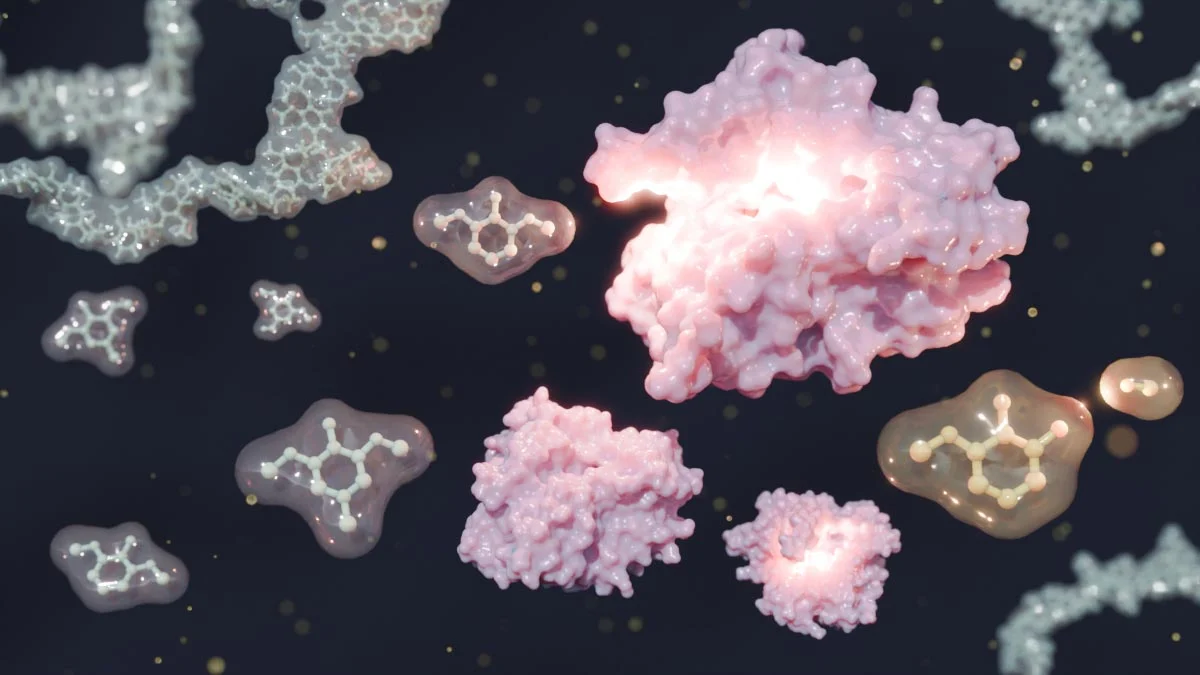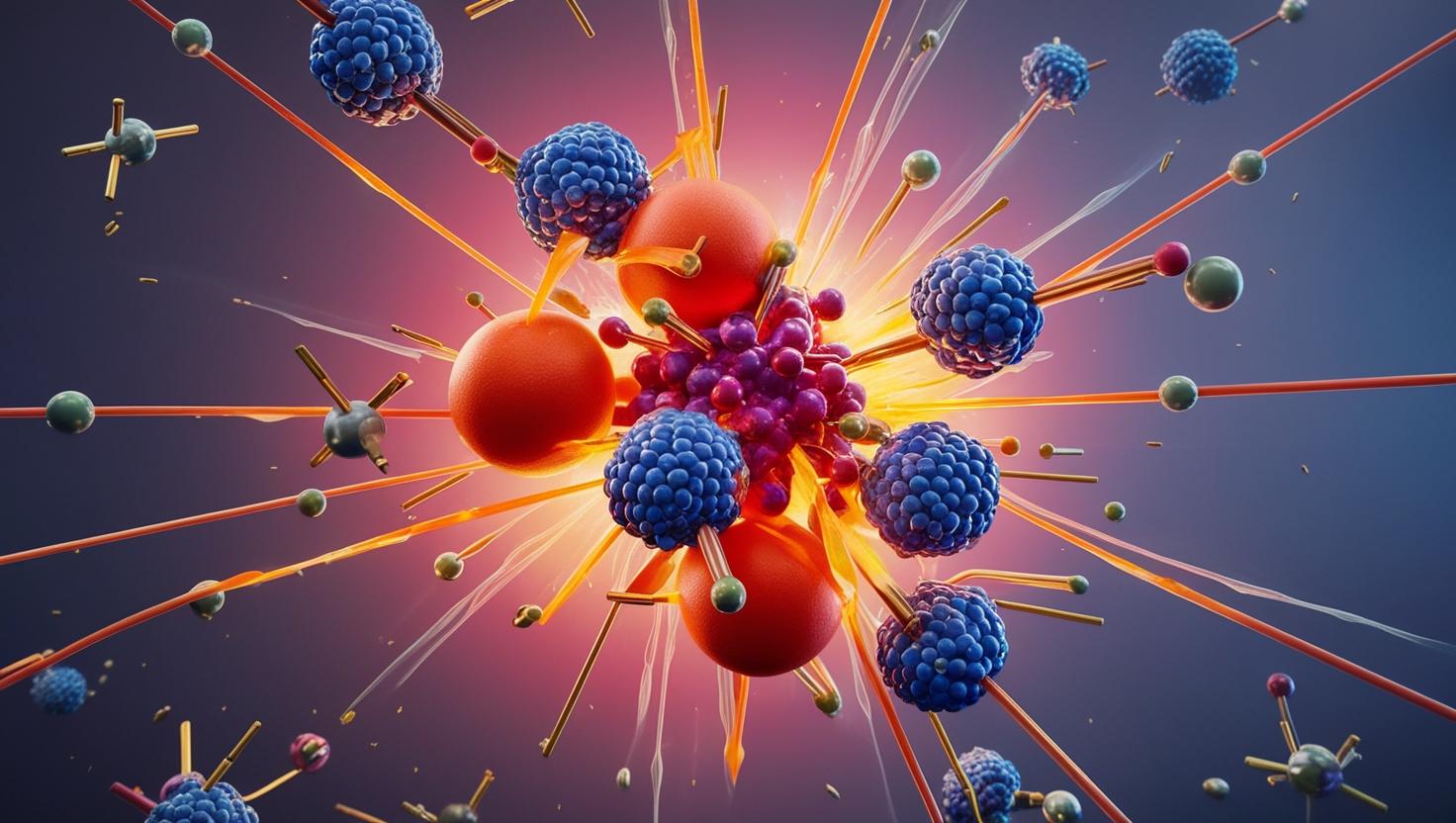Cancer remains a leading cause of death globally, with conventional treatments often accompanied by severe side effects. Various indigenous food plants rich in bioactive compounds, such as flavonoids and phenolic acids, show promising anticancer effects by inducing apoptosis, halting cell proliferation, reducing oxidative stress, and modulating key cellular pathways.
Nigerian Superfoods Show Anticancer Promise: Science Unlocks Traditional Plant Power
Could cancer-fighting answers be growing in Nigeria’s backyard? A recent scientific review highlights how indigenous Nigerian food plants, long used in traditional medicine, might hold the key to complementary cancer therapies. Rich in bioactive compounds, these everyday plants are showing promising anticancer properties that could support modern treatments while reducing side effects.
Indigenous Plants Offer Hope in the Fight Against Cancer
Rising Cancer Rates in Nigeria Demand New Solutions
Cancer remains a leading health concern in Nigeria, where cases of breast, liver, cervical, and prostate cancer are climbing. Despite the availability of conventional treatments like chemotherapy and radiotherapy, many patients face harsh side effects and limited access to care. Researchers are now turning to nature to find safer, cost-effective options rooted in local biodiversity.
Natural Compounds, Powerful Effects
The review, published by Nigerian scientists, explored various food plants native to the region that contain bioactive compounds such as flavonoids, alkaloids, phenolic acids, and terpenoids. These molecules can reduce inflammation, halt cancer cell growth, and even trigger cancer cell death through natural processes.
Bioactive Nigerian Plants That Target Cancer Cells
Spondias mombin (Hog Plum)
Fights oxidative stress and activates cancer cell death
This tropical fruit is rich in carotenoids and quercetin, which support cell health and immunity. It helps kill cancer cells by triggering apoptosis and disrupting cell growth signals like PI3K/Akt and MAPK pathways.
Xanthosoma sagittifolium (Cocoyam)
Interrupts tumor blood supply and stops cell division
Well known for its leukemia-fighting properties, cocoyam contains compounds that halt cancer cell growth, promote cell cycle arrest, and block angiogenesis—preventing tumors from growing new blood vessels.
Elaeis guineensis (Oil Palm)
Rich in tocotrienols with proven anticancer properties
Oil palm extract is loaded with tocotrienols, a type of vitamin E that reduces oxidative stress and promotes cancer cell death. It has shown potential in breast cancer studies by inhibiting cell proliferation and inducing arrest in the cell cycle.
Irvingia gabonensis (African Mango)
Boosts immune responses and regulates cancer metabolism
This popular fruit contains flavonoids and tannins that stimulate the immune system and interfere with cancer metabolism. Gallotannins in the seeds also show significant tumor-fighting capabilities.
Allium cepa (Onion)
Detoxifies cells and helps beat drug resistance
Onions are packed with organosulfur compounds that combat oxidative stress, boost detox enzymes, and may help reduce resistance to cancer drugs—making other treatments more effective.
Blighia sapida (Ackee)
Stops tumor signals and protects DNA
Ackee fruit contains compounds that suppress cancer-promoting pathways like ERK5, especially in breast cancer. Its antioxidants help prevent DNA damage—a key factor in early cancer development.
Dioscorea dumetorum (Wild Yam)
Contains diosgenin that slows cancer progression
Yams are rich in diosgenin, a compound that inhibits tumor cell growth and inflammation by acting on pathways like NF-κB and MAPK, which are central to cancer development.
Psidium guajava (Guava)
Reduces inflammation and prevents DNA damage
Guava leaves contain powerful antioxidants that limit DNA damage and promote the natural death of cancer cells. Their tannins and flavonoids also help reduce chronic inflammation.
Talinum triangulare (Waterleaf)
Strengthens immune function and kills cancer cells
Often overlooked, waterleaf is a nutritional powerhouse rich in quercetin and antioxidants. It supports immune health while inducing apoptosis and reducing stress on cells.
How These Plants Fight Cancer: The Science Behind the Benefits
Apoptosis: Triggering Cancer Cell Death
Many of these plants activate built-in self-destruct mechanisms in cancer cells, leading to their death without harming surrounding healthy tissue.
Cell Cycle Arrest: Halting Tumor Growth
By interfering with cell cycle checkpoints (G1/S and G2/M phases), these plant compounds stop cancer cells from multiplying unchecked.
Anti-Angiogenesis: Starving Tumors of Nutrients
Some extracts block angiogenesis—the growth of new blood vessels—which tumors need to survive and spread.
Inflammation and Oxidative Stress Reduction
Chronic inflammation and oxidative stress are major drivers of cancer. These plants are rich in antioxidants and anti-inflammatory agents that protect healthy cells and reduce tumor-promoting factors.
From Traditional Wisdom to Scientific Validation
Bridging Indigenous Knowledge with Modern Research
Many of these plants have been used for generations in Nigerian communities. Now, modern science is beginning to understand and validate their therapeutic roles in fighting disease. Dailyscitech
The Need for Clinical Trials and Standardisation
While lab research shows promise, more clinical studies are needed. Standardising doses and methods of preparation will be crucial to integrating these plants into mainstream cancer care. Dailyscitech
Could the Cure Be Growing Around Us?
Exploring Nature’s Pharmacy for the Future of Cancer Care
What if your next cancer-fighting ally is already part of your diet? As scientists explore these powerful plants further, we may be on the cusp of discovering affordable, accessible solutions rooted in nature. Dailyscitech
Curious to learn more about plant-based therapies? What other traditional foods might hold untapped healing power?










